Robbery Charge: Your Record Matters

© 2025L & L Law Group, PLLC 2024, All Rights Reserved




A criminal record can be a heavy burden, casting a shadow over your future long after you’ve paid your dues. Whether you’re applying for a job, seeking housing, or pursuing educational opportunities, the stigma of a criminal record can close doors before you even have a chance to walk through them. The good news is that under Texas law, certain criminal records can be cleared through expungement or sealed through non-disclosure orders, offering you a genuine opportunity to start fresh.
However, navigating the complex legal landscape of expungement and non-disclosure in Texas is far from simple. The process involves intricate eligibility requirements, strict procedural rules, and precise legal filings that can make or break your case. This is where professional legal guidance becomes not just helpful, but essential. Let’s explore how working with experienced attorneys can transform your journey toward a clean slate and why this decision could be one of the most important investments you make in your future.
Before diving into the benefits of legal representation, it’s crucial to understand what you’re actually seeking. In Texas, there are two primary methods for dealing with criminal records: expungement (also called expunction) and non-disclosure orders. Each serves a different purpose and comes with distinct eligibility requirements.
Expungement is the complete erasure of your criminal record. Once granted, it’s as if the arrest or charge never happened. All records and files related to the arrest are destroyed, including law enforcement documents, district attorney’s office records, and court transcripts. After an expungement, you’re legally permitted to deny that the arrest ever occurred, even on job applications.
Non-disclosure orders, on the other hand, seal your record rather than erase it. While the general public, including most employers and landlords, cannot access sealed records, certain government agencies and law enforcement can still view them. Non-disclosure is typically available to those who completed deferred adjudication probation, whereas expungement generally requires that charges were dismissed or you were found not guilty.
There are several factors that lead to taking professional help. Here is how professional legal help can make a difference in an expungement case:
Determining whether you qualify for expungement or non-disclosure is rarely straightforward. Texas law contains numerous exceptions, waiting periods, and specific conditions that must be met. For instance, certain offenses like murder, sexual assault, and family violence crimes are automatically disqualified from non-disclosure. Additionally, if you have other convictions on your record, they may impact your eligibility for clearing a different charge.
An experienced attorney can thoroughly review your criminal history and assess which charges might be eligible for expungement or non-disclosure. They understand the nuances of Texas law and can identify opportunities you might miss on your own. This expertise is particularly valuable because attempting to file for expungement when you’re not eligible wastes time, money, and emotional energy.
Texas law imposes specific waiting periods before you can file for expungement or non-disclosure, and these vary depending on the type of offense. For Class C misdemeanors, you must wait at least 180 days. For Class A and B misdemeanors, the waiting period extends to one year, while most felonies require a three-year wait before you can file for expungement.
Non-disclosure waiting periods are similarly complex. For misdemeanors, you may be eligible immediately after completing deferred adjudication or must wait two years, depending on the specific offense. Felonies typically require a five-year waiting period after discharge and dismissal.
The petition for expungement or non-disclosure must be filed in the correct court with precise information about your arrest, the outcome of your case, and why you meet the eligibility criteria. Any errors or omissions in these documents can lead to delays or outright denial of your petition.
Professional attorneys know exactly what information must be included, how to format the documents properly, and which supporting materials to gather. They ensure that every detail is accurate and that your petition presents the strongest possible case for clearing your record. This attention to detail significantly increases the likelihood of a successful outcome.
After filing your petition, the court will schedule a hearing where both you and the prosecutor’s office can present arguments. This hearing is your opportunity to demonstrate why you deserve to have your record cleared. However, it’s also where opposition may arise. Prosecutors sometimes contest expungement petitions, particularly for certain types of offenses.
Having an attorney represent you at this hearing is invaluable. They know how to present your case persuasively, address any concerns raised by the prosecution, and argue effectively on your behalf. Their courtroom experience and familiarity with local judges and procedures can make a substantial difference in the outcome.
Understanding the timeline for expungement or non-disclosure helps set realistic expectations. In Texas, the expungement process typically takes about 30 days to schedule a hearing after filing the petition. The entire process usually spans four to six weeks from filing to decision. If the court grants your expungement, it can take up to 180 days for local, state, and federal agencies to destroy their records completely.
For non-disclosure orders, the timeline varies. Once you file the petition in the court where your case was originally heard, the clerk notifies the state prosecutor, who has 45 days to request a hearing. If all requirements are met and no opposition is raised, the judge should grant the order.
Successfully expunging or sealing your criminal record opens doors that may have been closed for years. Employment opportunities expand dramatically when you’re no longer required to check the box indicating a criminal history. Housing applications become less stressful, as landlords won’t discover past arrests or charges during background checks. Educational opportunities, professional licenses, and even loan applications all become more accessible.
Beyond these practical benefits, there’s an emotional and psychological relief that comes with clearing your record. The constant worry about your past being discovered dissipates. You can move forward with confidence, knowing that you’ve truly left that chapter of your life behind.
Clearing your criminal record is more than just a legal procedure. It’s an investment in your future and a chance to reclaim the opportunities you deserve. With the right legal team by your side, the path to expungement becomes clearer and more achievable. L & L Law Group guides you through every step of this life-changing process. Take control of your future today and start the journey toward a clean slate.
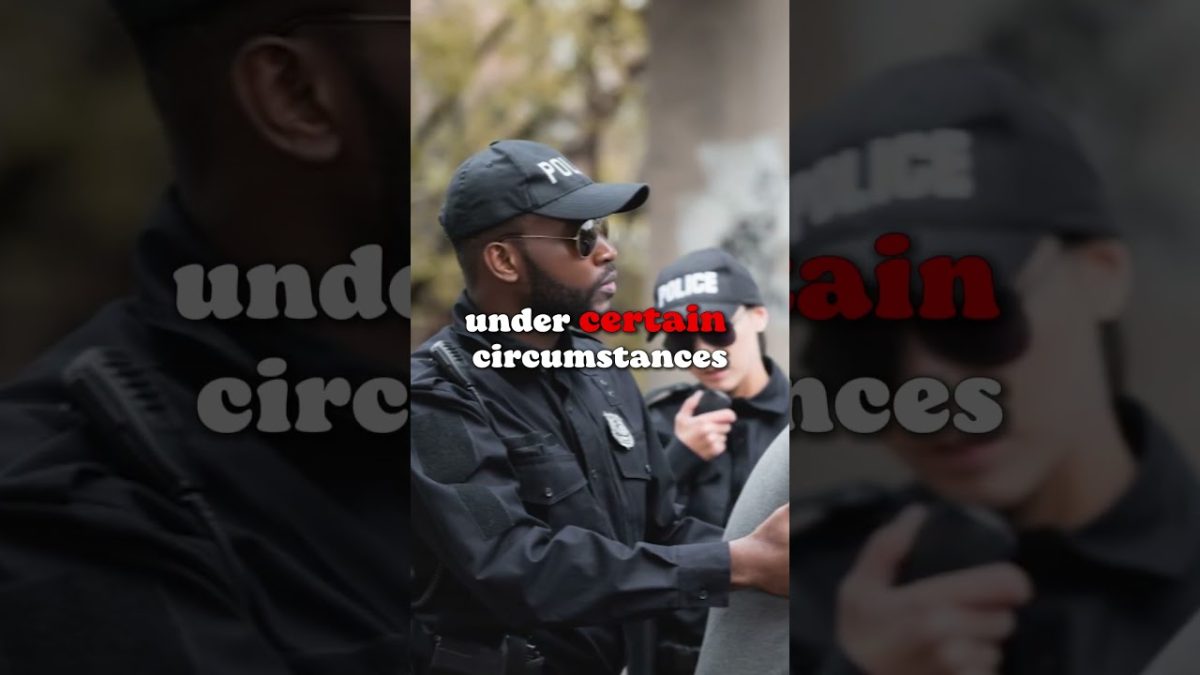
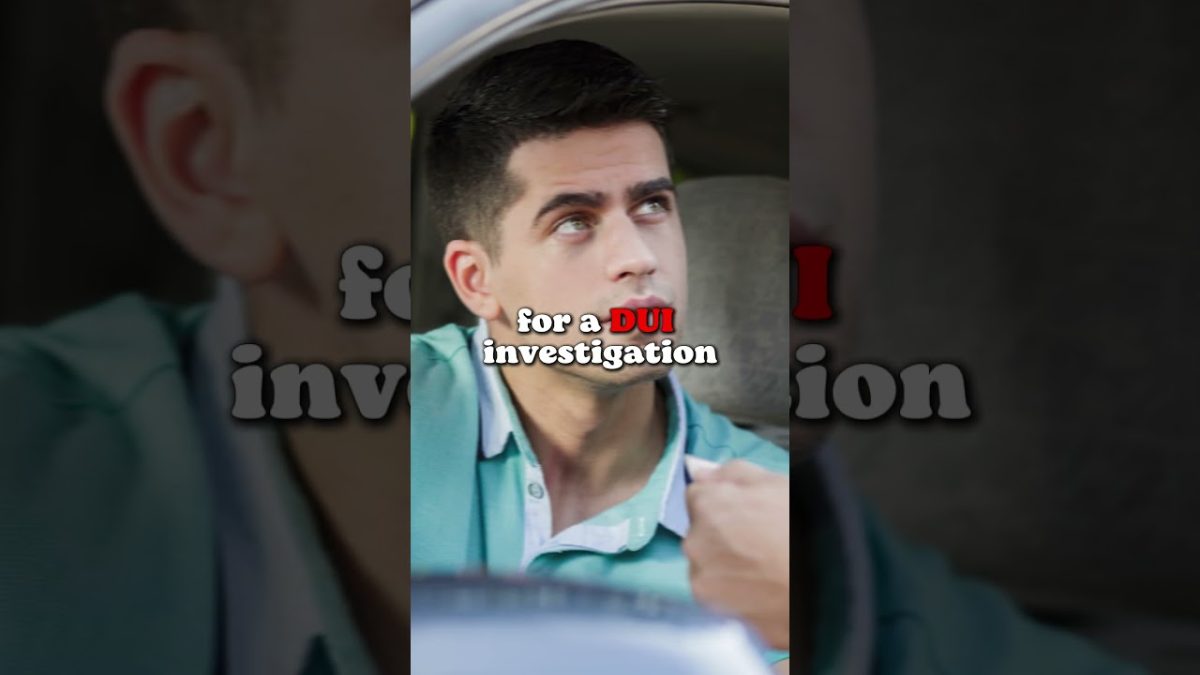


When most people think about DWI consequences in Texas, they focus on the obvious penalties: fines, jail time, license suspension, and a criminal record. However, these represent only the tip of the iceberg. The hidden consequences of a DWI can ripple through your life in ways that never appear on your criminal record but can be equally devastating.
At L and Law Group, we understand that a DWI conviction affects far more than your driving privileges. These unseen repercussions can quietly dismantle your financial stability, career prospects, personal relationships, and future opportunities.
While court fines for a first-time DWI in Texas can reach $2,000, the actual financial impact extends far beyond the courtroom. Many people are shocked to discover the true cost can easily exceed $10,000 for a first offense alone.
One of the most significant hidden costs is the dramatic increase in auto insurance premiums. Insurance companies classify DWI offenders as high-risk drivers. Your premiums may double or triple following a conviction. Some insurance companies may deny coverage altogether, forcing you to seek expensive high-risk policies. This burden quietly drains your finances month after month, year after year.
Beyond the headline fine, DWI offenders face numerous additional costs:
These expenses create financial hardship that extends well beyond the initial conviction.
The impact on your career and employment opportunities often unfolds gradually and unexpectedly.
If you hold a professional license, a DWI conviction can trigger disciplinary action from your licensing board. Medical professionals, attorneys, teachers, accountants, real estate agents, and mental health professionals all face scrutiny. Licensing boards may impose mandatory reporting requirements, probationary status, additional education requirements, temporary suspension, or permanent revocation. The loss of a professional license can effectively end your career in your chosen field.
For those who drive for a living, a DWI conviction can be career-ending. Even a first offense can result in CDL loss. Truck drivers, delivery personnel, bus drivers, and rideshare operators all face this risk. Commercial drivers face stricter standards than regular motorists. Many trucking companies maintain zero-tolerance policies that make re-employment nearly impossible.
Many employers conduct background checks, and a DWI conviction will appear in these searches. Companies often maintain blanket policies that automatically disqualify candidates with DWI convictions. Hiring managers may view the conviction as evidence of poor judgment or a liability risk.
For non-citizens living in Texas, a DWI conviction carries hidden immigration consequences that can be life-altering.
To become a U.S. citizen, applicants must demonstrate good moral character. A DWI conviction during this period can:
For individuals registered under DACA or similar programs, a DWI conviction can affect eligibility for program renewal. These programs often include requirements for good moral character. A conviction can jeopardize participation, potentially leading to loss of work authorization and protections from deportation.
Certain countries, like Canada, can deny entry to individuals with DWI convictions. These travel restrictions can last for years. They significantly impact both personal travel plans and professional opportunities requiring international mobility.
DWI convictions extend into housing and credit applications in ways many people don’t anticipate.
Landlords and property management companies can access conviction information during background checks. Many landlords view a DWI as a red flag. This can result in application denials, automatic rejections, higher security deposits, and limited housing options in desirable neighborhoods.
Lenders may consider your criminal record as part of their risk assessment. While a DWI alone may not automatically disqualify you, it can result in higher interest rates, more stringent approval requirements, larger down payments, or outright denials.
A DWI conviction can affect eligibility for federal student loans and financial aid. Some colleges may deny admission or on-campus housing to students with criminal convictions. This can derail educational plans and career advancement opportunities.
One of the most painful hidden consequences involves the impact on family relationships and child custody arrangements.
Family courts take DWI convictions seriously when making custody determinations:
If the DWI involved having a child under 15 in the vehicle, the consequences become even more severe. This potentially includes additional child endangerment charges and Child Protective Services involvement.
Beyond legal and financial consequences, a DWI conviction carries social costs that profoundly affect quality of life.
DWI convictions are public records. Friends, neighbors, employers, and community members can access this information. The social stigma can tarnish your reputation, affecting personal relationships, social standing, and involvement in community organizations.
The stress of a DWI conviction can place enormous strain on marriages and family relationships. The financial burden, potential job loss, license suspension, and associated shame can create conflicts that persist long after the legal case concludes.
For individuals with felony DWI convictions, such as third or subsequent offenses, the loss of Second Amendment rights represents another hidden consequence. The inability to own or possess firearms may affect personal security plans and recreational activities.
For individuals requiring security clearances, including military personnel and government contractors, a DWI conviction can jeopardize clearance status. This can effectively end careers in sensitive fields.
Given the extensive hidden consequences, strong legal representation is crucial. An experienced DWI attorney works to minimize or prevent cascading collateral consequences that affect every aspect of your life.
The hidden consequences of a DWI in Texas extend far beyond criminal penalties, from insurance increases and employment barriers to immigration complications and family law impacts that can reshape your life for decades. What might seem like a single mistake can create a domino effect affecting your finances, career, relationships, and opportunities.
If you’re facing DWI charges in Texas, contact L and L Law Group today for a consultation with experienced DWI defense attorneys who understand what’s truly at stake and will fight to protect not just your record, but your future.
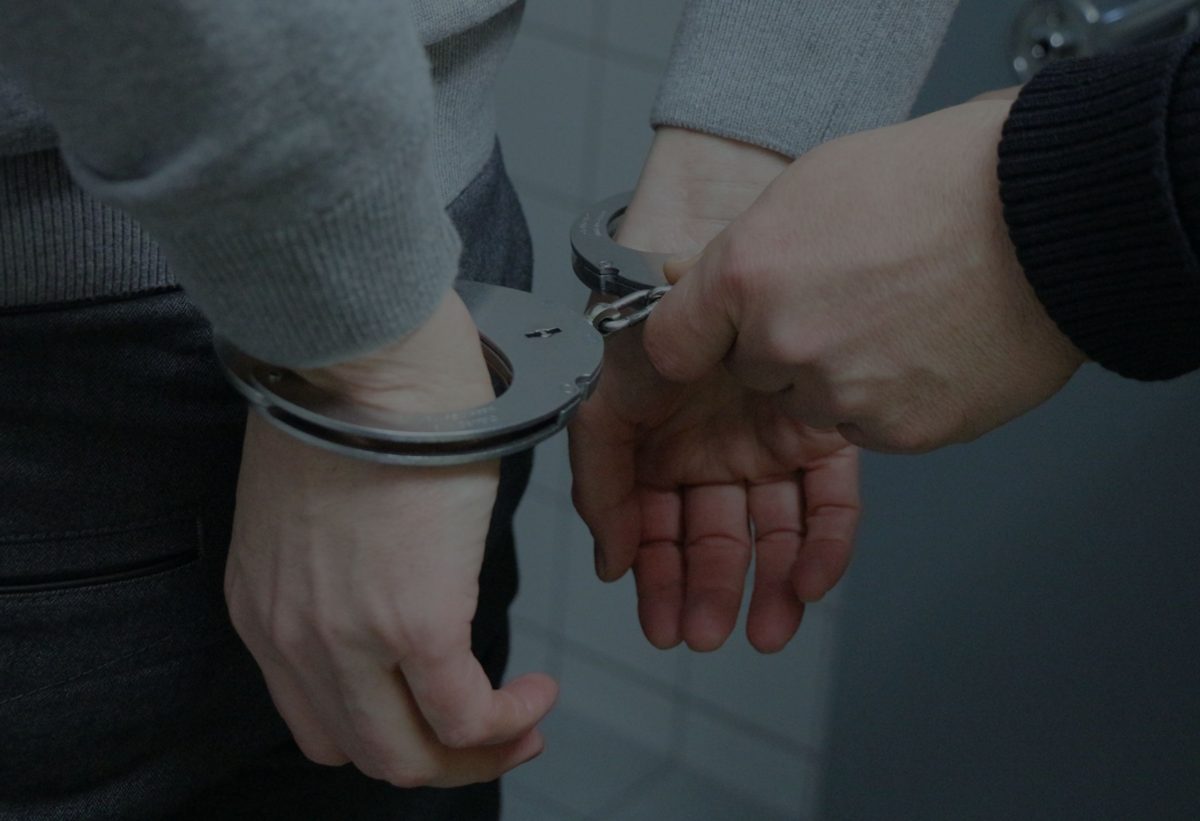
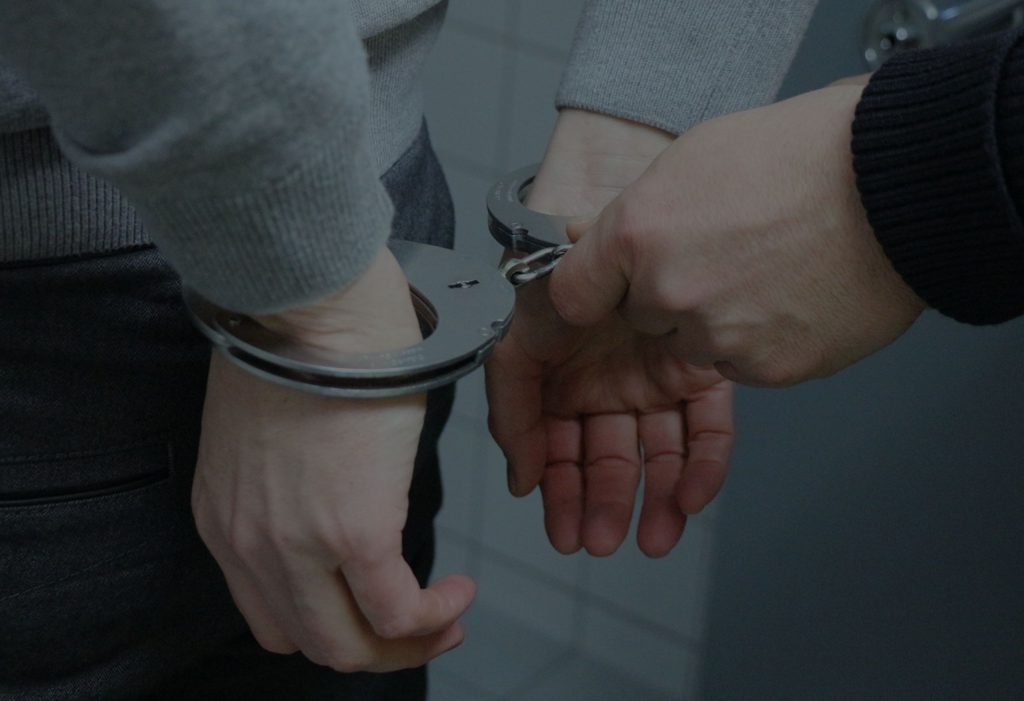
Many people believe that only guilty people get charged with crimes. But that’s not always true. Sometimes, innocent people get blamed for things they didn’t do. It can happen for many reasons such as a mistake, a lie, or even confusion during an investigation.
Let’s understand how and why this happens, what it means to be “charged,” and what steps you can take if it ever happens to you.
In simple words, when someone is charged with a crime, it means the government believes that person broke the law.
A police officer or investigator collects proof, such as fingerprints, photos, or statements. Then a prosecutor (a lawyer who works for the government) decides whether there is enough evidence to file charges in court.
Once charges are filed, the person is called a defendant. The court will then set a date for the person to appear before a judge. This is when the legal process officially begins.
Being charged doesn’t mean someone is guilty. It only means they are accused. The law says every person is innocent until proven guilty.
Yes. Sadly, it can happen. The law tries to protect everyone, but human mistakes still occur. Here are some common reasons why innocent people get charged:
Mistaken Identity:
False Accusations:
Wrong Evidence:
Being in the Wrong Place at the Wrong Time:
Forced Confessions:
Once someone is charged, several steps follow in the legal process:
Arrest:
Bail:
Court Hearings:
Trial:
Verdict:
The law gives everyone the right to defend themselves. If someone is charged for a crime they didn’t commit, here are the best steps to take:
Get a Good Lawyer:
Stay Calm and Tell the Truth:
Collect Evidence:
Avoid Talking to Police Without a Lawyer:
Ask for a Fair Trial:
The U.S. Constitution protects every citizen’s rights. Some of these rights are:
These rules exist to prevent unfair punishment and protect innocent people from wrongful conviction.
If a court finds you not guilty, you are free to go. In some cases, people who were wrongly charged can ask the court for compensation (money) for the harm caused by the false charge.
They can also ask to have their record cleared (called expungement) so the charge doesn’t appear in background checks or job applications.
There have been real-life cases where innocent people spent years in jail before being proven innocent.
Thanks to DNA testing and new technology, many of these mistakes are now corrected.
Organizations like The Innocence Project work to free people who were wrongly convicted and help them rebuild their lives.
Unfortunately, yes. It can happen to anyone, even good and honest people. That’s why it’s so important to know your rights.
The justice system is built to protect everyone, but it works best when people understand how it operates.
Being charged for a crime you didn’t commit is one of the scariest things that can happen. But remember being charged is not the same as being guilty.
The law gives every person the right to defend themselves and to be treated fairly. Truth and justice take time, but they matter more than anything.
Reach out to a trusted criminal defense lawyer right away. A skilled attorney can help protect your rights, collect the right evidence, and guide you through every step of the legal process because everyone deserves justice, especially the innocent.


Drug-related charges in Texas carry some of the most severe penalties in the United States. Whether facing charges for possession, distribution, manufacturing, or trafficking, individuals accused of drug crimes need experienced legal representation to protect their rights and future. The stakes are too high to navigate the legal system on your own. Here’s why hiring a drug defense attorney is essential when facing drug charges in Texas.
Texas maintains strict drug laws that classify controlled substances into different penalty groups. The Texas Controlled Substances Act divides drugs into Penalty Groups 1 through 4. Group 1 contains the most serious substances like cocaine, methamphetamine, and heroin. Even though marijuana remains illegal in Texas, with limited exceptions for low-THC medical cannabis.
Penalties depend on multiple factors. These include the type of drug, the amount possessed, the intent behind possession, and whether the offense occurred near a school or playground. A drug defense attorney possesses the specialized knowledge required to navigate these statutes and identify weaknesses in the prosecution’s case.
One of the most critical roles a drug defense attorney serves is protecting your constitutional rights. Law enforcement officers must follow strict procedures when conducting searches, seizures, and arrests. The Fourth Amendment protects individuals from unreasonable searches and seizures. Any evidence obtained in violation of these rights may be inadmissible in court.
A skilled attorney will thoroughly examine the circumstances of your arrest. They’ll question whether officers had probable cause to stop you. They’ll verify whether they properly obtained a search warrant. They’ll assess whether they conducted the search within legal boundaries. Many drug cases have been dismissed because evidence was obtained illegally. Without legal representation, most people wouldn’t recognize these constitutional violations.
Drug cases rely heavily on physical evidence, witness testimony, and law enforcement procedures. A drug defense attorney has the expertise to challenge the validity and handling of evidence.
Chain of custody: Were the drugs properly collected, labeled, stored, and transported? Any break in the chain of custody can cast doubt on the integrity of the evidence.
Lab testing accuracy: Were the substances properly tested by qualified professionals using reliable methods? Defense attorneys can request independent testing or challenge lab procedures.
Search and seizure legality: Did officers have legal justification to search your person, vehicle, or property?
Witness credibility: Are the prosecution’s witnesses reliable? Do they have motives to lie or inconsistencies in their testimony?
An experienced attorney knows how to cross-examine witnesses, present counter-evidence, and create reasonable doubt.
Many drug cases are resolved through plea negotiations rather than trials. A drug defense attorney with established relationships in the Texas legal system can negotiate with prosecutors to secure better outcomes. This might include:
Without legal representation, defendants often accept plea deals that are far worse than what an attorney could negotiate. Prosecutors typically offer less favorable deals to unrepresented defendants.
Texas has implemented various alternative sentencing programs designed to address substance abuse issues. Drug courts, rehabilitation programs, and deferred adjudication options may be available depending on the circumstances and the defendant’s criminal history.
A drug defense attorney understands which programs you may qualify for and can advocate for your participation. These alternatives help you avoid conviction, maintain employment, keep your family together, and address underlying addiction issues. Successfully completing alternative programs can sometimes result in charges being dismissed entirely.
The consequences of a drug conviction extend far beyond jail time and fines. A criminal record can affect:
A drug defense attorney works to defend against immediate charges and minimize these long-term collateral consequences. This might involve fighting for charge reductions, seeking record expungement opportunities, or structuring plea agreements that limit future impact.
Local legal knowledge is invaluable in criminal defense. An experienced drug defense attorney in Texas has relationships with local prosecutors and understands how different judges handle drug cases. They know the tendencies of local law enforcement agencies. This insider knowledge helps attorneys develop more effective defense strategies tailored to specific courts and jurisdictions.
Different counties in Texas may handle similar cases quite differently. What might result in probation in one county could lead to jail time in another. An attorney familiar with local practices can set realistic expectations and develop strategies that account for regional variations.
Building a strong defense often requires investigation beyond what the prosecution presents. Drug defense attorneys have access to private investigators, expert witnesses, forensic specialists, and other professionals who can strengthen your case. These resources might uncover exculpatory evidence, challenge prosecution experts, or provide alternative explanations for the evidence against you.
Most individuals cannot afford to hire these experts independently. Attorneys often have established relationships with reliable professionals and can coordinate their involvement in your defense.
Facing drug charges in Texas without legal representation is a risk no one should take. The complexity of drug laws, the severity of potential penalties, and the long-term consequences of conviction make hiring a qualified drug defense attorney essential. From protecting constitutional rights to negotiating favorable outcomes and accessing alternative programs, an experienced attorney provides invaluable advocacy at every stage of the legal process.
Don’t face drug charges without proper representation. Contact L & L Law Group today to discuss your case with an experienced attorney who will fight for your rights and your freedom.
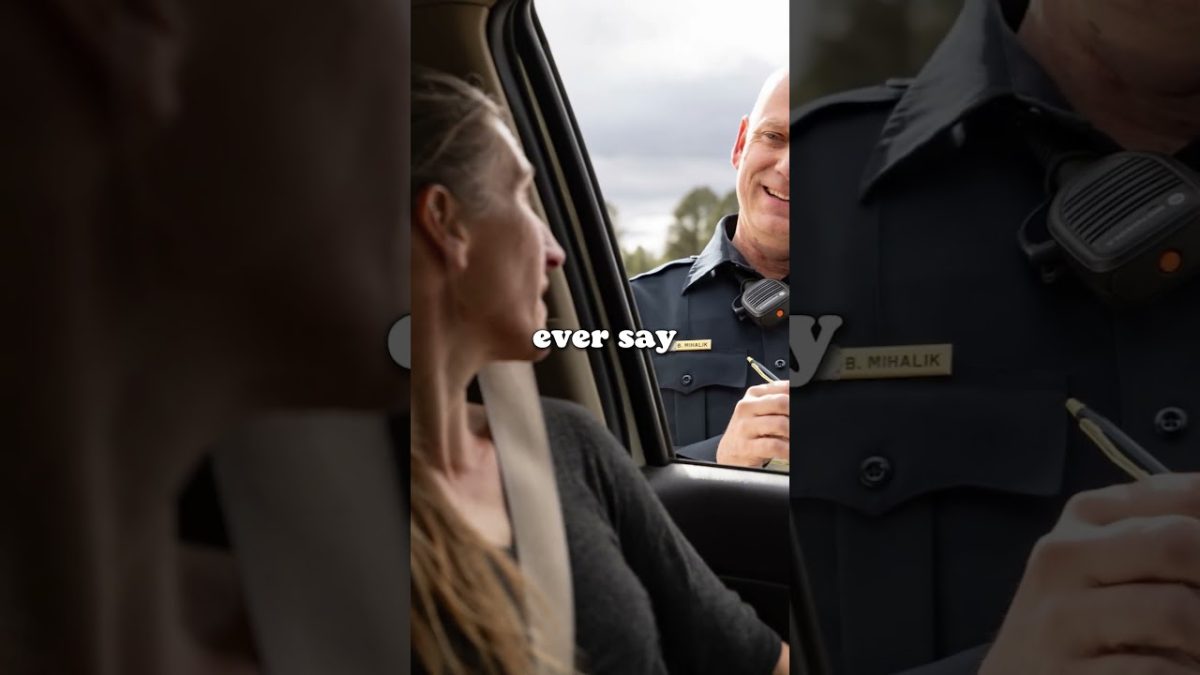
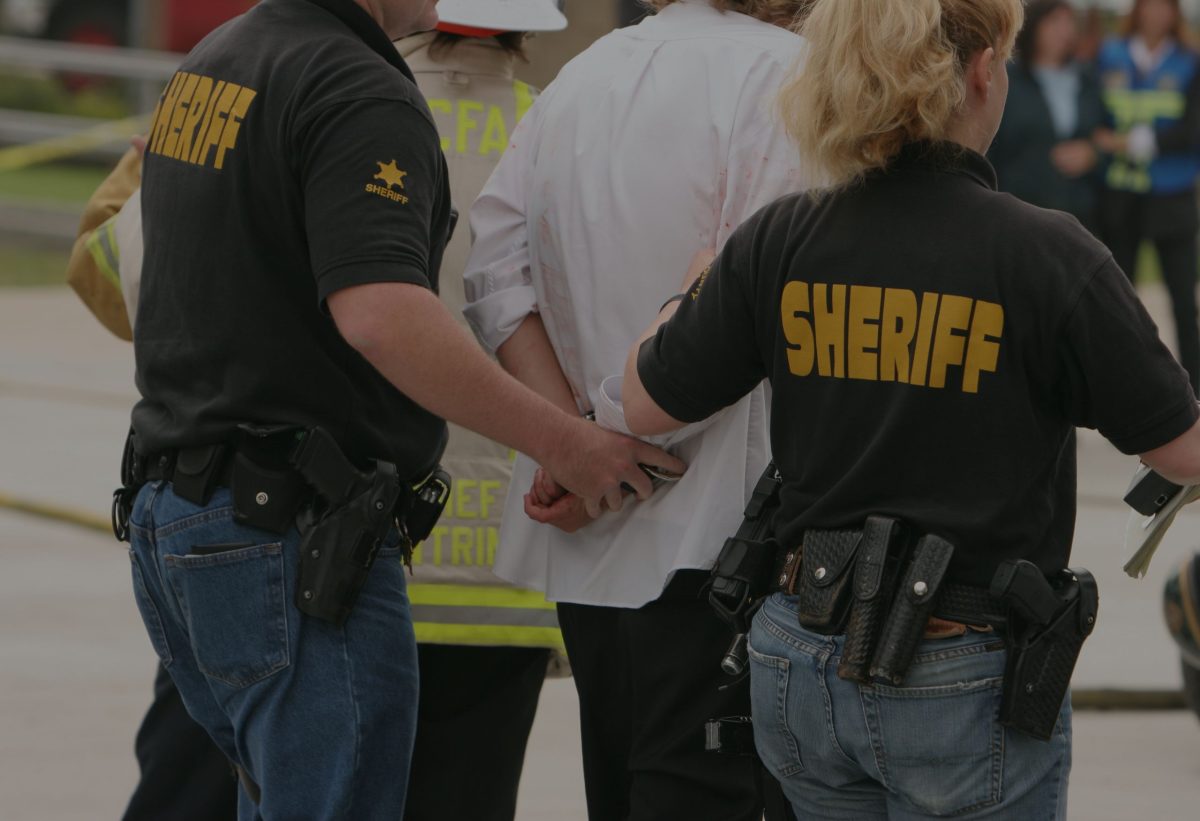

Getting pulled over on suspicion of drunk driving can be a nerve-wracking experience. Your heart races, your palms sweat, and suddenly you’re being asked to step out of your vehicle to perform a series of physical tests on the side of the road. These are field sobriety tests, and they play a crucial role in determining whether you’ll face DWI charges. Understanding what these tests are, how they work, and what rights you have during this process can make a significant difference in protecting yourself legally.
Field sobriety tests have become a standard tool for law enforcement officers across the country when they suspect a driver is under the influence. However, many people don’t realize that these tests are far from foolproof, and various factors can affect their accuracy. Let’s explore how these tests actually work and what you need to know if you ever find yourself in this situation.
Field sobriety tests are physical and cognitive exercises that police officers use to assess whether a driver is impaired by alcohol or drugs. These tests are typically administered during a traffic stop when an officer notices signs of potential intoxication, such as erratic driving, the smell of alcohol, or slurred speech.
The primary purpose is to give officers probable cause to make an arrest or request a chemical test like a breathalyzer. Officers look for specific indicators during these tests that suggest impairment, including balance issues, inability to follow instructions, and poor coordination.
The National Highway Traffic Safety Administration has approved three standardized tests that officers commonly use:
Horizontal Gaze Nystagmus (HGN)
This test involves an officer observing your eyes as you follow a moving object, usually a pen or flashlight. The officer looks for involuntary jerking of the eyeball, which becomes more pronounced when a person is intoxicated. You’ll be asked to follow the object with your eyes while keeping your head still.
Walk-and-Turn Test
You’ll be instructed to take nine heel-to-toe steps along a straight line, turn on one foot, and return in the same manner. Officers watch for signs like stepping off the line, using arms for balance, taking the wrong number of steps, or turning incorrectly.
One-Leg Stand Test
This test requires you to stand with one foot approximately six inches off the ground and count aloud until told to stop, typically for about 30 seconds. Officers look for swaying, using arms for balance, hopping, or putting your foot down.
Beyond the three standardized tests, officers sometimes employ additional exercises:
These non-standardized tests have less scientific backing and are more subjective in their assessment. Courts may view results from these tests with more skepticism compared to the standardized versions.
Field sobriety tests aren’t always accurate indicators of intoxication. Several legitimate factors can cause you to fail even when you’re completely sober.
Physical and Medical Conditions
Inner ear problems, leg injuries, back issues, and neurological conditions can significantly impact your balance and coordination. Being overweight or elderly can also make certain physical tasks more challenging. If you have any medical conditions that affect your mobility, these tests may not accurately reflect your level of impairment.
Environmental Conditions
Performing these tests on an uneven road surface, in poor lighting, or during bad weather creates additional challenges. Gravel, ice, rain, or even poorly maintained pavement can cause anyone to stumble regardless of sobriety. Officers are supposed to find suitable locations for testing, but this doesn’t always happen.
Footwear and Clothing
High heels, flip-flops, or bulky clothing can make balance tests nearly impossible to complete successfully. Women wearing heels are particularly disadvantaged during these assessments.
Many drivers don’t realize they have options when asked to perform field sobriety tests. In most states, these tests are voluntary, meaning you can refuse to take them without automatic penalties. However, refusing may lead to arrest based on other observations the officer has made. Understanding the difference between field sobriety tests and chemical tests is important.
While field tests are typically voluntary, refusing a breathalyzer or blood test after arrest can result in license suspension under implied consent laws in most states. You have the right to politely decline field sobriety tests, though you should be respectful when doing so. Simply state that you prefer not to participate in the tests.
Prosecutors often rely heavily on field sobriety test results to build their DWI cases. Officers will testify about your performance during these tests, describing every misstep or sign of impairment they observed. Video footage from dashboard or body cameras may be presented as evidence.
However, skilled defense attorneys can challenge these results effectively. They may question the officer’s training and administration of the tests, highlight environmental factors that affected performance, or present medical evidence explaining why you struggled with certain tasks. The subjective nature of these tests leaves room for reasonable doubt.
Law enforcement officers must follow specific protocols when administering field sobriety tests. Deviations from these standards can compromise the validity of the results. Officers sometimes fail to properly explain instructions, conduct tests in unsuitable locations, or don’t account for physical limitations.
Some rush through the evaluation process or allow distractions to interfere. When officers don’t follow proper procedures, the test results may be challenged or thrown out entirely in court. Documentation is another area where mistakes occur. If an officer’s written report contradicts video evidence or contains inconsistencies, it can undermine the prosecution’s case.
Field sobriety tests remain a cornerstone of DWI enforcement, but they’re far from perfect indicators of impairment. These tests can be influenced by numerous factors beyond alcohol consumption, from medical conditions to weather and road conditions. An experienced attorney can examine every detail of your stop and testing procedure to identify weaknesses in the prosecution’s case. L& L Law Group specializes in DWI defense and can provide the skilled representation you need to protect your rights and fight for the best possible outcome.